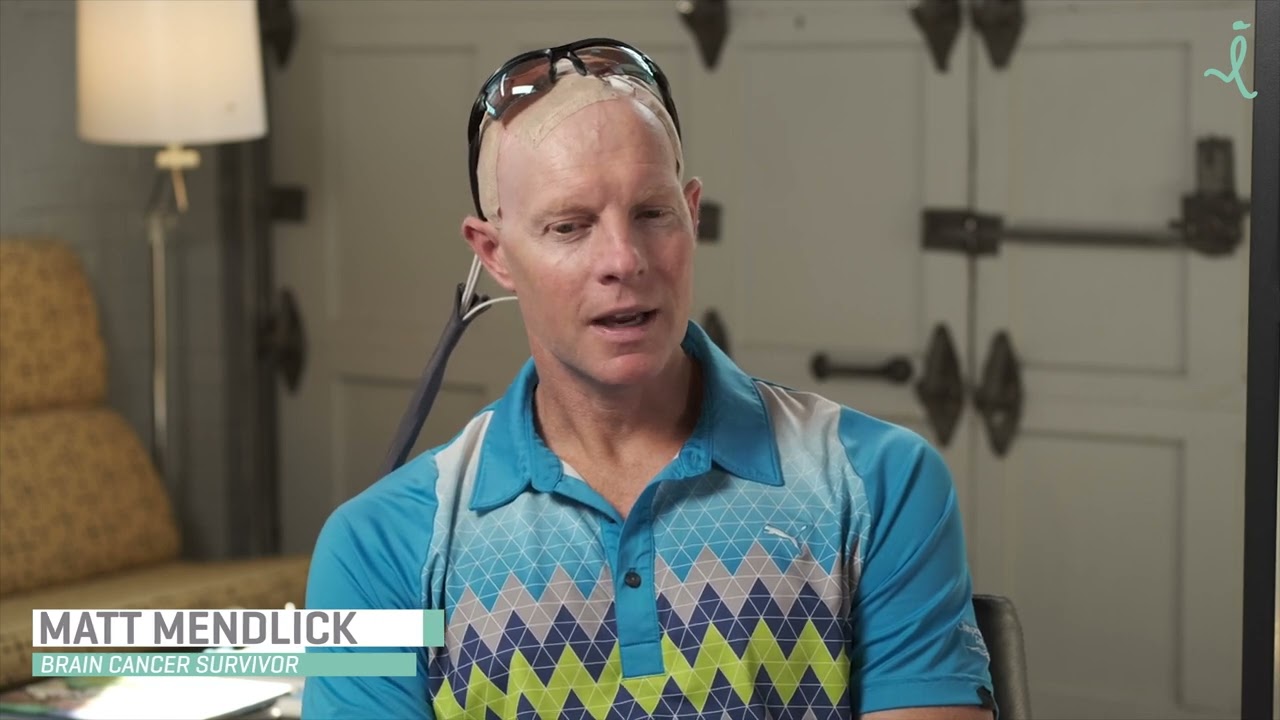Sharing with Children
April 11, 2024
We know that talking to children or young people about a brain tumor diagnosis can feel extremely difficult and scary. Knowing what to say and how to say it isn’t easy, so we’ve put together some information to help guide and support these tricky conversations.
It’s important to remember that there are a number of factors that will impact a child’s understanding and reaction to someone’s illness, including age, personality, and family circumstances.
Explaining a brain tumor diagnosis to children requires careful consideration and age-appropriate language. Here’s some guidance on how to talk to children of different age groups:
- While they may not understand what a brain tumor is, they may notice changes in routine or the absence of a loved one.
- Look out for signs of distress such as increased clinginess, changes in eating or sleeping habits, and behavioral changes.
- Maintain familiar routines and seek support from family and friends.
- Use simple language and repetitive explanations.
- Address their immediate concerns and reassure them that they didn’t cause the illness.
- Encourage them to express their feelings through play and provide opportunities for questions.
- Provide straightforward explanations using age-appropriate language.
- Acknowledge their range of emotions and behavioral changes.
- Keep them informed about the situation and involve them in discussions about what might happen next.
- Offer reassurance and assign them tasks to help them feel useful.
- Respect their need for independence while offering support.
- Acknowledge their understanding of illness and encourage open communication.
- Be understanding of their intense emotions and provide opportunities for them to express themselves.
- Encourage them to reach out to friends and family for support and consider alternative communication methods such as journaling.
- Respect their reactions, even if they differ from your own, and avoid placing expectations on how they should respond.
- Acknowledge their understanding of illness and encourage open communication.
- Reiterate your love and appreciation for their support and involvement in your journey.
- Check in with your adult children regularly to see how they’re coping and if they have any additional questions or concerns.
Tips for talking about the diagnosis:
- Plan the conversation in advance and practice with trusted individuals.
- Be honest and open, but use language appropriate for their age.
- Listen to their questions and provide honest answers.
- Show your emotions and encourage them to express their feelings.
- Reassure them that it’s okay to feel sad or scared and offer coping strategies like spending time together or seeking professional support.
Addressing common questions:
- Explain in simple terms what a brain tumor is and reassure them that it’s not contagious.
- Emphasize that it’s not their fault and that brain tumors are nobody’s fault.
Remember to approach the conversation with patience, understanding, and compassion, and seek professional support if needed. Every family is different, and there is no one right way to share a diagnosis with your children. Trust your instincts and do what feels right for your family.
